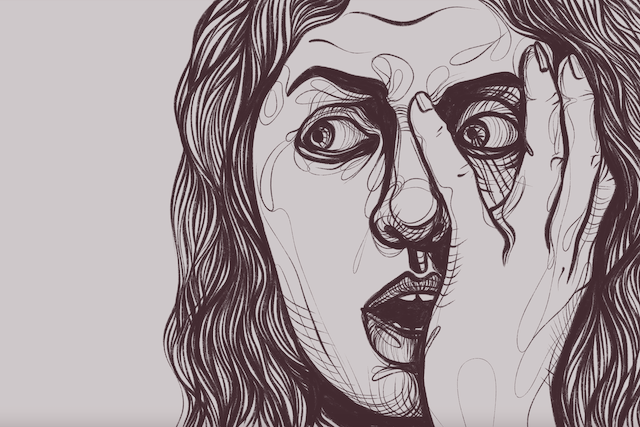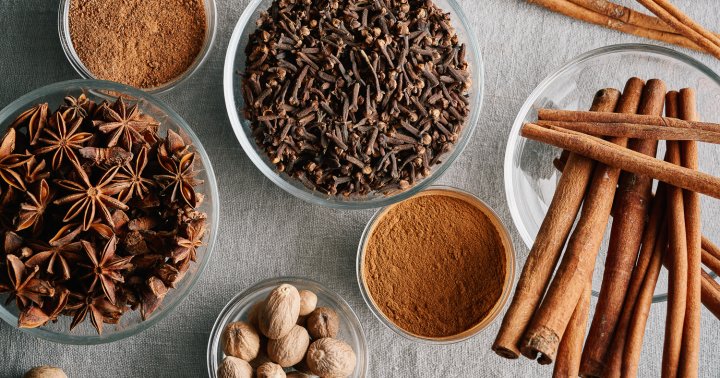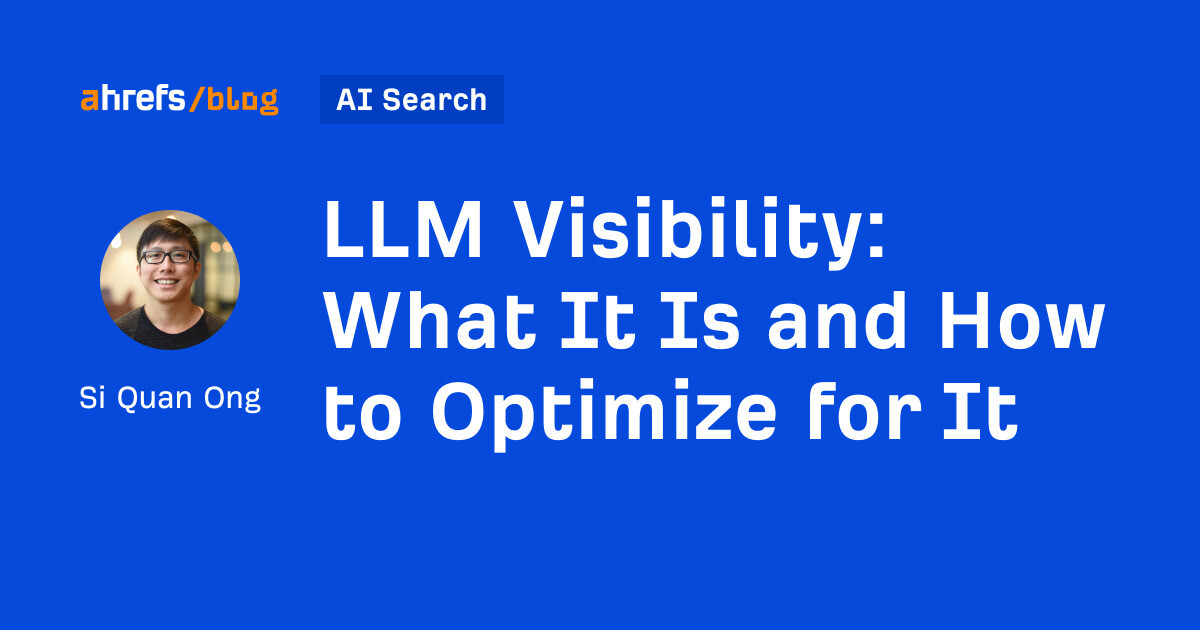The Psychology of Cue-Routine-Reward: Understanding Habit Triggers
“Let today be the day you give up who you’ve been for who you can become.” —Hal Elrod Life can sometimes feel like a series of habits—some healthy, some unhealthy—stitched together to ultimately define our days and life. Wake...


“Let today be the day you give up who you’ve been for who you can become.” —Hal Elrod
Life can sometimes feel like a series of habits—some healthy, some unhealthy—stitched together to ultimately define our days and life.
Wake up, brush your teeth, make coffee—the list goes on.
But have you ever stopped to think about how these habits form? Or better yet, how to use this understanding to positively transform your life?
Charles Duhigg once said, “Once you understand that habits can change, you have the freedom and the responsibility to remake them.” If you’re ready for that opportunity, let’s think deeper about creating (or changing) habits.
The answer lies in the psychology of habit formation, specifically a straightforward yet profound concept: Cue-Routine-Reward.
Cue: The Trigger That Starts It All
Imagine walking past a café and smelling the intoxicating aroma of freshly baked cookies. That scent acts as a cue, triggering a well-worn neural pathway in your brain that associates the smell with the pleasure of eating a cookie.
Cues can be external like the smell of cookies, the chime of a notification, or a specific time of day. They can also be internal like a feeling of stress that makes you crave a sugar rush or a cigarette.
Recognizing these cues is the first step in understanding your habits. Keep a habit journal and jot down what triggers you to act a certain way—you’ll see a pattern soon enough.
Routine: The Behavior in Question
The routine is what we usually identify as ‘the habit’.
It’s the behavior that the cue initiates—the act of buying and eating the cookie, scrolling through social media, or lighting up a cigarette.
This is what tends to be the focus when we’re looking to change a habit. However, altering the routine without acknowledging the cue or the reward can make the task seem almost impossible. It’s like cutting off a weed without pulling out the root.
Reward: The Pleasure Principle
So why do we keep doing what we do, even when we know it’s bad for us? Because our brain releases dopamine, a neurotransmitter associated with feelings of pleasure and satisfaction.
Eating that cookie? Dopamine. Scrolling through an endless social media feed? More dopamine.
The reward reinforces the routine, making it more likely that you’ll repeat it the next time the cue presents itself. This creates a loop that, over time, becomes almost automatic.
Breaking the Loop
Understanding the “Cue-Routine-Reward” loop is a game-changer. And here’s why:
You can hijack the loop to create new, positive habits! And habits shape the lives we live.
Let’s say you want to start exercising regularly:
Identify a Cue: Choose a consistent time or trigger—like waking up or finishing work. Choose a Routine: Engage in the behavior you want to turn into a habit—like a 20-minute jog. Pick a Reward: Choose a satisfying but healthy reward—like a smoothie or a few minutes of guilt-free leisure time.Start small and be consistent. Gradually, your brain will start associating the cue with the routine and the reward, and a new habit loop will form.
Take Control of Your Life
Remember, you’re not at the mercy of your habits. You have the power to change.
By understanding the psychology of habit formation, you can rewrite your life one habit loop at a time.
And as you do, you’ll find that you’re not just changing your habits—you’re changing your life. One cue-routine-reward step at a time.

 FrankLin
FrankLin 
































